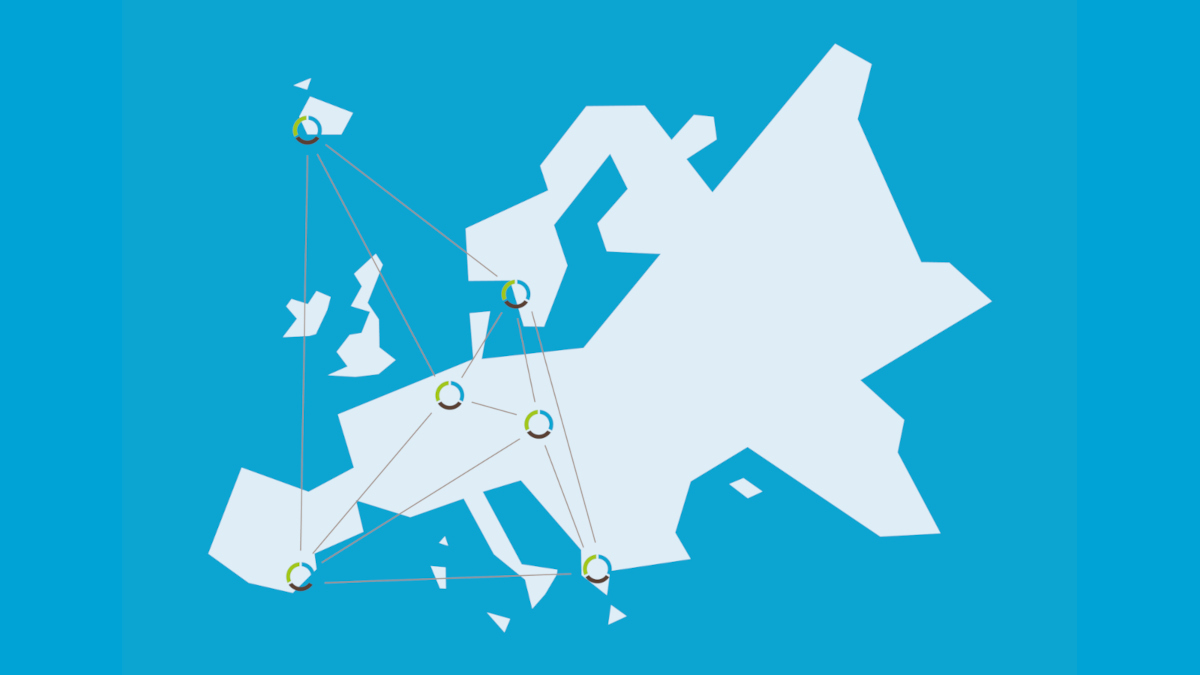BIO2REG Exchange:
Empowering regions to lead the bioeconomy transition
European regions seeking to shift from carbon-intensive sectors to sustainable, innovation-driven economies now have a new resource: the BIO2REG Exchange. The programme guides policymakers, innovation agencies, and cluster organisations in learning first-hand how to plan, fund, and implement a transition to a circular, bio-based economy.
“Transformation is never easy, but it becomes easier when regions learn from one another,” said Denise Gider, project coordinator of the BIO2REG project and responsible for the Exchange. “By connecting regions that are at different stages of their bioeconomy transition and with complementary experiences — guided by the expertise of the BIO2REG consortium — the Exchange helps turn good practices into concrete actions for sustainable regional growth.”
Participants will leave with tailored bioeconomy action plans, hands-on insights, and practical expertise from other regions, Gider explained. A core element of the exchange will be site visits that enable emerging regions to experience mature regions’ best practices firsthand. Travel funding is available to support these visits.
“When regions visit each other, exchange openly, and see solutions in action, ideas become tangible,” she added. “It’s inspiring to see how others tackle similar challenges in different contexts — and with expert mentoring and travel support, regions can adapt these insights to build a circular, sustainable bioeconomy based on their own strengths and conditions.”
The programme pairs regions at different stages of bioeconomy development, providing mentoring, collaborative planning, and access to a European network of peers.
Regional and local authorities, cluster organisations, innovation agencies, and research institutions in regions facing economic transition challenges — including coal, forestry, agriculture, fisheries, and pulp & paper sectors — were eligible for the programme.
By clicking “Play” on any of the following videos, content from YouTube will be loaded.
This means that your personal data (such as your IP address) may be transmitted to YouTube and that YouTube may set cookies on your device.
You can find more information in YouTube’s Privacy Policy.
Bio-based and circular value chains
Funding bioeconomy model regions
Social fairness and education for bioeconomy model regions
Research infrastructure & living labs advancing the bioeconomy transition



